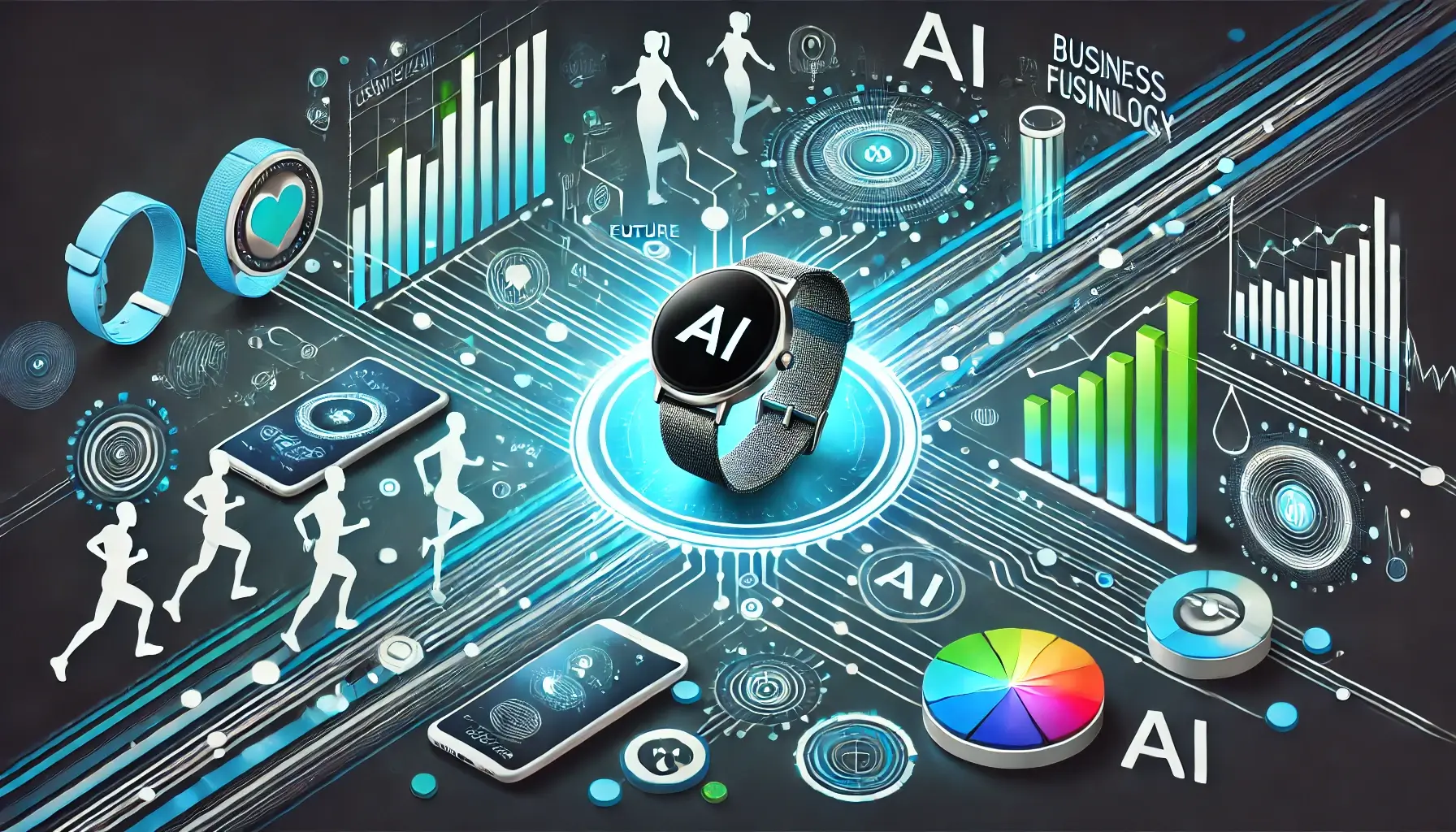Proper hydration is a cornerstone of health and weight management, influencing metabolism, digestion, and energy levels.
Recent innovations in artificial intelligence are transforming how individuals monitor and optimize their water intake. AI-powered platforms analyze activity, environmental factors, and personal physiology to provide personalized hydration guidance that supports weight loss and overall wellness.
Personalized Hydration Recommendations
AI tools can calculate individual hydration needs based on weight, activity level, age, and environmental conditions.
By monitoring real-time data from wearables or health apps, AI can alert users when they are underhydrated or consuming too little water. Personalized recommendations ensure optimal hydration, supporting metabolism and promoting fat loss.
Dynamic adjustments account for exercise intensity, temperature, and sweat loss, enabling users to stay properly hydrated throughout the day. This tailored approach improves energy levels, cognitive function, and overall performance.
Hydration’s Role in Weight Loss
Water consumption is crucial for regulating appetite, boosting metabolism, and supporting digestion.
AI can analyze patterns of water intake alongside dietary habits to identify behaviors that may hinder weight loss. For example, skipping hydration before meals may increase overeating, while inadequate fluid intake can slow metabolism.
By addressing these patterns, AI platforms help users make smarter choices, enhancing calorie control and weight management outcomes.
Exercise and Hydration Optimization
During workouts, maintaining proper hydration is essential for energy, endurance, and recovery.
AI-powered apps recommend water intake before, during, and after exercise based on individual metrics and environmental conditions. These recommendations help prevent dehydration, reduce fatigue, and optimize performance.
Additionally, AI monitors exercise intensity and sweat rates to ensure hydration strategies are aligned with physical activity, promoting consistency and better results over time.
Behavioral Insights and Lifestyle Adjustments
AI not only tracks hydration but also identifies behaviors that may affect fluid balance.
Patterns like forgetting to drink water during work hours, consuming excessive caffeine, or relying on sugary beverages can impact weight loss goals. AI provides personalized prompts and reminders to encourage consistent hydration habits.
This behavioral guidance supports long-term lifestyle changes, helping individuals maintain proper hydration as a foundation for weight management.
Integration with Wearable Technology
Wearables play a critical role in AI-driven hydration strategies.
Smartwatches and fitness trackers provide data on activity, heart rate, and sweat levels, allowing AI platforms to calculate precise hydration needs. Continuous monitoring enables timely alerts, keeping users on track throughout the day.
Integration with mobile apps ensures that hydration advice aligns with other aspects of health, including nutrition, exercise, and sleep, creating a holistic approach to weight loss.
Challenges in AI-Enhanced Hydration Management
Despite its advantages, AI-based hydration programs face challenges. Device accuracy and user compliance are critical for effective monitoring.
Privacy and security of health data are essential, and users should choose platforms that adhere to industry standards. Additionally, AI guidance should complement professional advice for individuals with medical conditions affecting fluid balance.
Hydration needs vary widely, and personalized strategies are necessary to avoid overhydration or inadequate intake, both of which can impact health and weight management.
Future Trends in AI and Hydration
Experts predict AI will further enhance hydration strategies with predictive analytics, smart bottle technology, and real-time coaching.
Future platforms may anticipate periods of high fluid loss, suggest optimal beverage choices, and integrate with other health data to optimize weight loss outcomes. Gamification and virtual coaching will make hydration tracking engaging and encourage long-term adherence.
As AI evolves, personalized hydration will become a key component of effective weight management programs, supporting metabolism, energy, and overall wellness.
FAQs
How does AI help with hydration for weight loss?
AI analyzes activity, physiology, and environmental data to provide personalized water intake recommendations that support metabolism and fat loss.
Can proper hydration improve weight management?
Yes. Hydration regulates appetite, aids digestion, and boosts metabolism, all of which contribute to effective weight loss.
Do wearables enhance AI hydration programs?
Absolutely. Devices provide real-time data on activity, heart rate, and sweat levels to ensure accurate hydration guidance.
Is AI hydration guidance safe for everyone?
Yes, when combined with professional advice, particularly for individuals with medical conditions affecting fluid balance.
Can AI track hydration without wearable devices?
Some apps use manual logging and environmental data to provide recommendations, though wearables offer more precise, real-time tracking.
Conclusion
AI-powered hydration management is revolutionizing weight loss by providing personalized, data-driven recommendations for optimal water intake.
By integrating hydration with nutrition, exercise, and lifestyle tracking, AI platforms help users achieve better metabolic function, enhanced energy, and sustainable weight loss results. As technology advances, smart hydration will become an essential component of holistic wellness strategies for long-term success.

